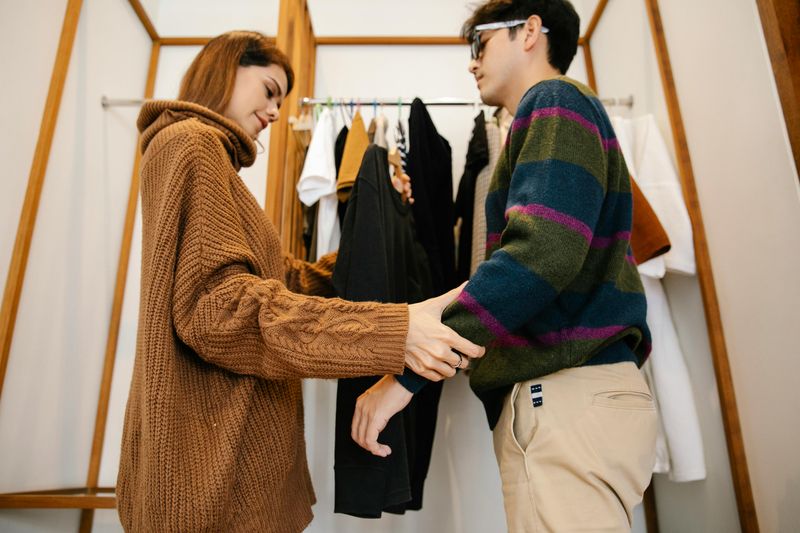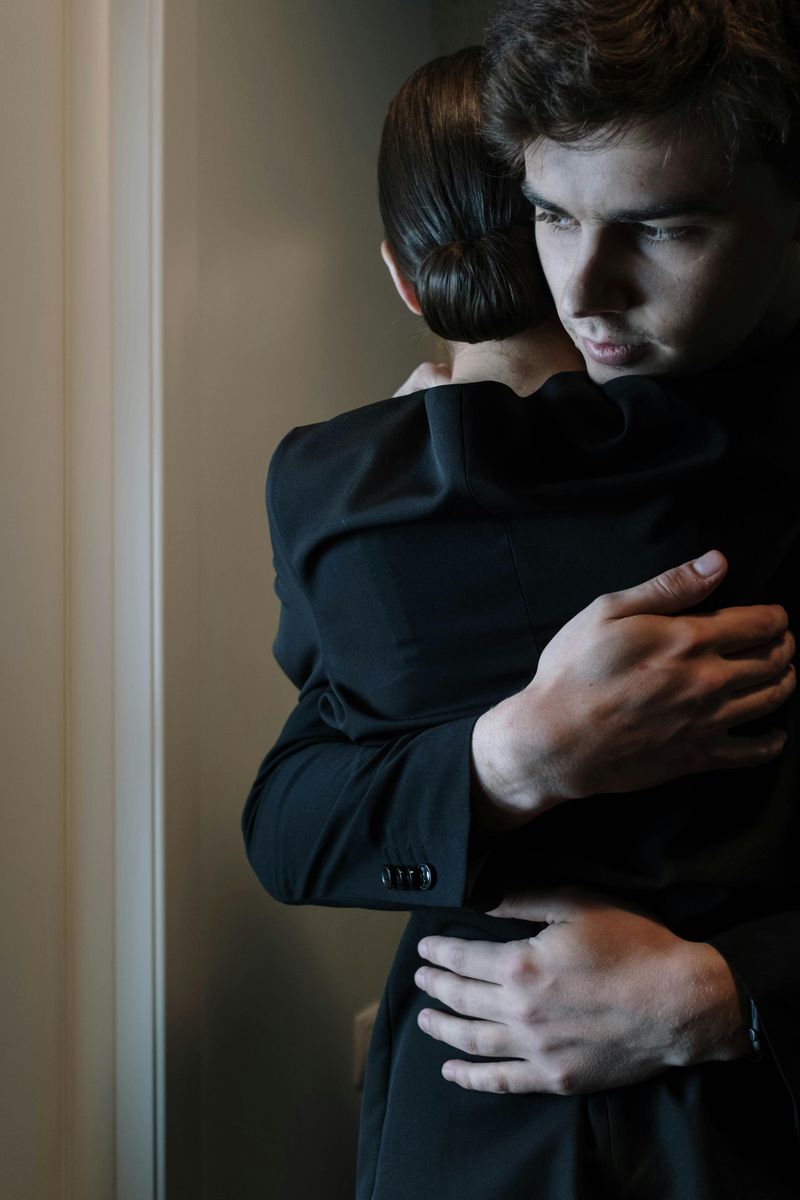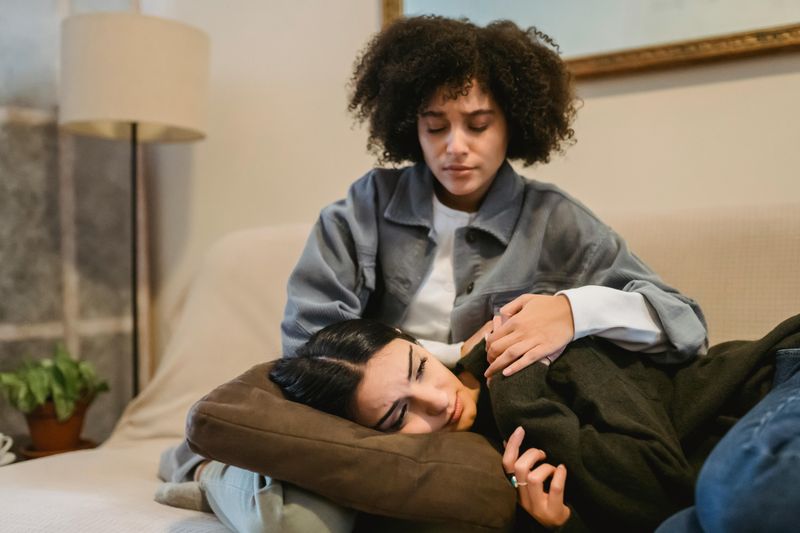Relationships thrive on balance, but sometimes one person becomes more of a caregiver than an equal partner. This shift happens slowly, often without either person noticing until the relationship feels one-sided. Recognizing these warning signs early can help restore balance and save your connection before resentment builds.
1. Your Needs Always Come Last

Self-sacrifice has become your default setting. You automatically put your partner’s needs, wants, and problems ahead of your own without a second thought. Your own dreams and desires gather dust while you focus entirely on making their life easier.
Friends might notice you never talk about your own plans anymore. When asked what you want, you struggle to answer because you’ve stopped considering your own preferences.
This constant back-burnering of your needs isn’t just unhealthy—it’s unsustainable. Healthy partnerships require both people to matter equally, with space for everyone’s needs to be acknowledged and addressed.
2. You’re Always Managing Their Emotions

Walking on eggshells has become second nature. You carefully monitor what you say and do to avoid triggering your partner’s negative reactions. Their emotional state dictates the mood of your entire household.
You’ve become an expert at predicting emotional storms and steering conversations to safer waters. This constant emotional management leaves you mentally exhausted but still responsible for keeping everything running smoothly.
Real partnerships involve mutual emotional support, not one person constantly regulating the other’s feelings. Both adults should be responsible for managing their own emotional responses rather than outsourcing this work to their partner.
3. You Handle All Life Administration

You’re the one keeping everything running—scheduling appointments, paying bills, managing the house, remembering birthdays—while your partner coasts through life, unaware of the weight you carry alone.
When you try discussing this imbalance, they might respond with, “Just tell me what to do” instead of taking initiative. This puts you in a parental role of assigning chores rather than having an equal who notices what needs doing.
Healthy partnerships distribute this mental load fairly. Both people should contribute to remembering, planning, and executing the countless small tasks that keep life running, rather than one person becoming the household manager.
4. Their Problems Become Your Responsibility

Somehow, your partner’s challenges have become your problems to solve. Whether it’s work stress, family drama, or personal goals, you find yourself more invested in finding solutions than they are. You research options, make calls, and push them toward better choices.
The line between supportive partner and personal assistant has blurred completely. You’ve stepped into the role of fixer, problem-solver, and motivator while they’ve settled into passivity.
True partnership means standing beside someone during difficulties, not carrying them. Each person should own their problems while accepting support, rather than one partner becoming responsible for the other’s life management.
5. You’ve Become Their Social Secretary

Maintaining relationships has become your job alone. You schedule visits with their family, remember their friends’ birthdays, and keep their social connections alive. Without your efforts, these relationships would likely wither from neglect.
You make excuses for their absences and smooth over conflicts they create but never address. Their reputation stays intact thanks to your behind-the-scenes diplomacy and relationship maintenance.
Equal partners share responsibility for nurturing important relationships. When one person becomes the designated social coordinator and peacekeeper, it creates an unhealthy dynamic where one adult essentially manages another adult’s social life.
6. You Make Excuses For Their Behavior

“They didn’t mean it that way” has become your standard response. You’ve developed an elaborate system of explanations and justifications for your partner’s actions, words, and choices. Even when their behavior hurts or disappoints you, you quickly create reasons why it’s actually okay.
Friends and family have stopped pointing out problems because they know you’ll defend your partner regardless. This protective reflex comes from a caring place but enables patterns that should be addressed.
Healthy relationships don’t require constant excuse-making. Both people should take responsibility for their actions and apologize when they’ve caused harm, rather than relying on their partner to explain away their mistakes.
7. The Relationship Feels Like Work, Not Joy

The carefree happiness that once defined your relationship has been replaced by exhaustion. Being together feels like another job requiring constant effort, attention, and energy—with very little coming back your way.
You can’t remember the last time you felt light, playful, or truly relaxed together. Instead, your relationship has become another responsibility to manage, another person to take care of.
While all relationships require effort, they shouldn’t consistently drain you. Partnership should provide mutual support, joy, and comfort. When being together feels like an endless series of tasks rather than a source of happiness, the caregiver-recipient dynamic has likely replaced the partner-partner balance.

Comments
Loading…